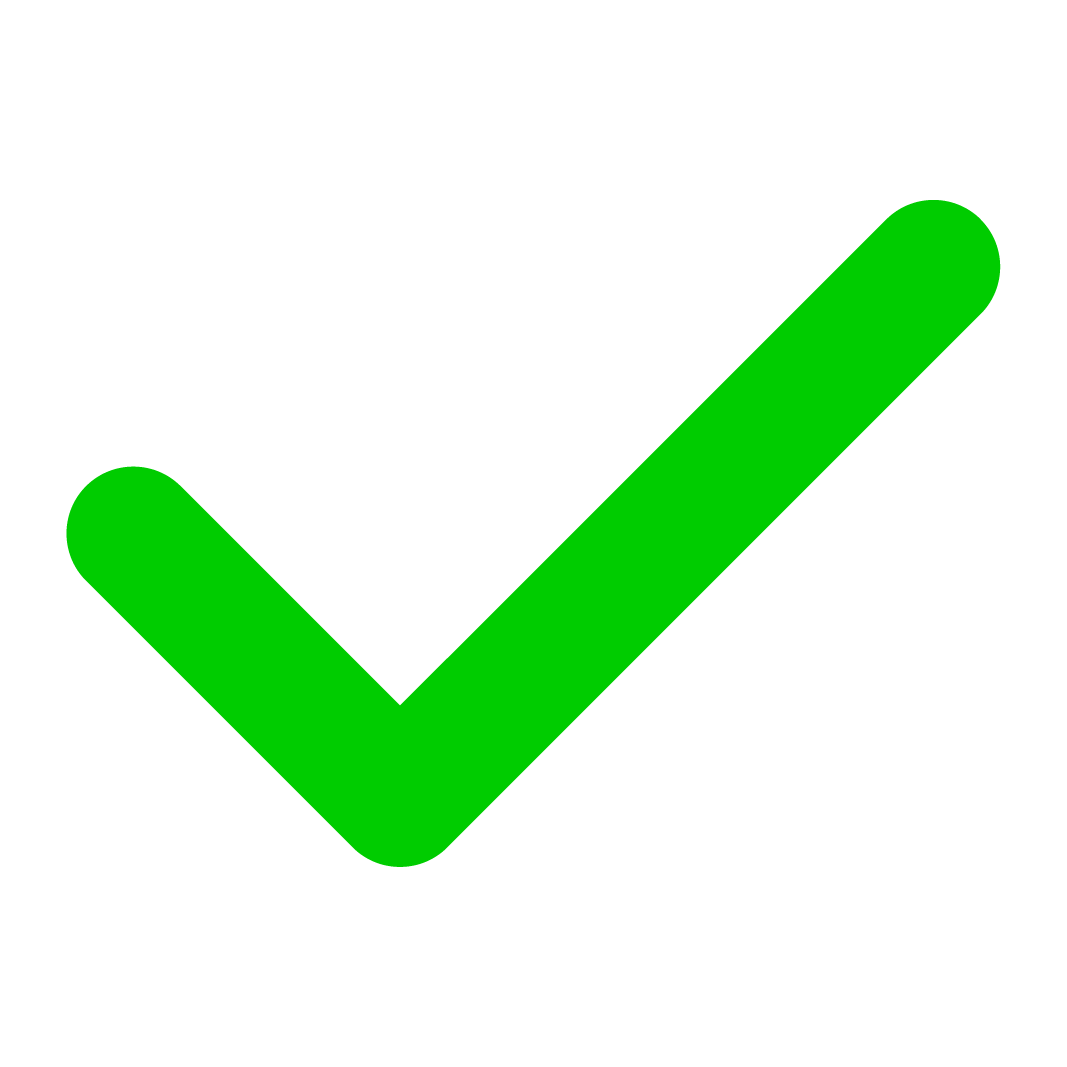Managing electronic documents in the Netherlands
As a Continia Document Capture customer in the Netherlands, you can exchange electronic documents through the Peppol eDelivery Network. Additionally, you can receive electronic documents directly into Document Capture via email attachments.
Electronic invoicing in the Business-to-Government (B2G) sector has been supported in the Netherlands since 1 October 2020.
Electronic invoicing is not legally mandated in the Netherlands. Nevertheless, starting in 2020, the entire public sector has committed to adopting XML formats for electronic invoicing, with a preference for utilizing the Peppol format. Due to historical reasons, various other electronic invoicing formats exist, but Peppol is becoming increasingly prevalent.
The table below outlines the current regulatory states and future outlooks for B2G, B2B, and B2C (business-to-consumer) sectors.
| Transaction type | Current regulatory state | Regulatory outlook |
|---|---|---|
| B2G | As of April 2019, it is required by law that all public authorities are connected to the Peppol eDelivery network.  Supported by Document Capture. Supported by Document Capture. Supported by Document Output. Supported by Document Output. | As an EU member, the Netherlands is expected to eventually align with ViDA, including mandatory electronic invoicing, but no immediate plans exist. |
| B2B | Electronic invoicing is possible using Peppol eDelivery. Supported by Document Capture. Supported by Document Capture. Supported by Document Output. Supported by Document Output. | As an EU member, the Netherlands is expected to eventually align with ViDA, including mandatory electronic invoicing, but no immediate plans exist. |
| B2C | No legislation is in place. | No changes are expected. |
Peppol and eOrders
All Dutch public sector entities are directly or indirectly connected to the Peppol eDelivery Network. Although there's no formal legislation requiring B2B businesses to use electronic invoicing, it's strongly recommended to use the Peppol BIS 3.0 format.
In 2023, the Netherlands launched a pilot project introducing eOrders via Peppol for the Central Government Procurement sector. During this pilot phase, suppliers are able to convert the electronic orders that they receive from the government into electronic invoices and then submit them. This process increases efficiency, decreases costs, and eliminates invoicing errors. Moreover, it allows government services to exchange purchasing messages with suppliers much more easily and quickly. These messages can take the form of e-invoices or electronic orders, as well as contract data or status reports.